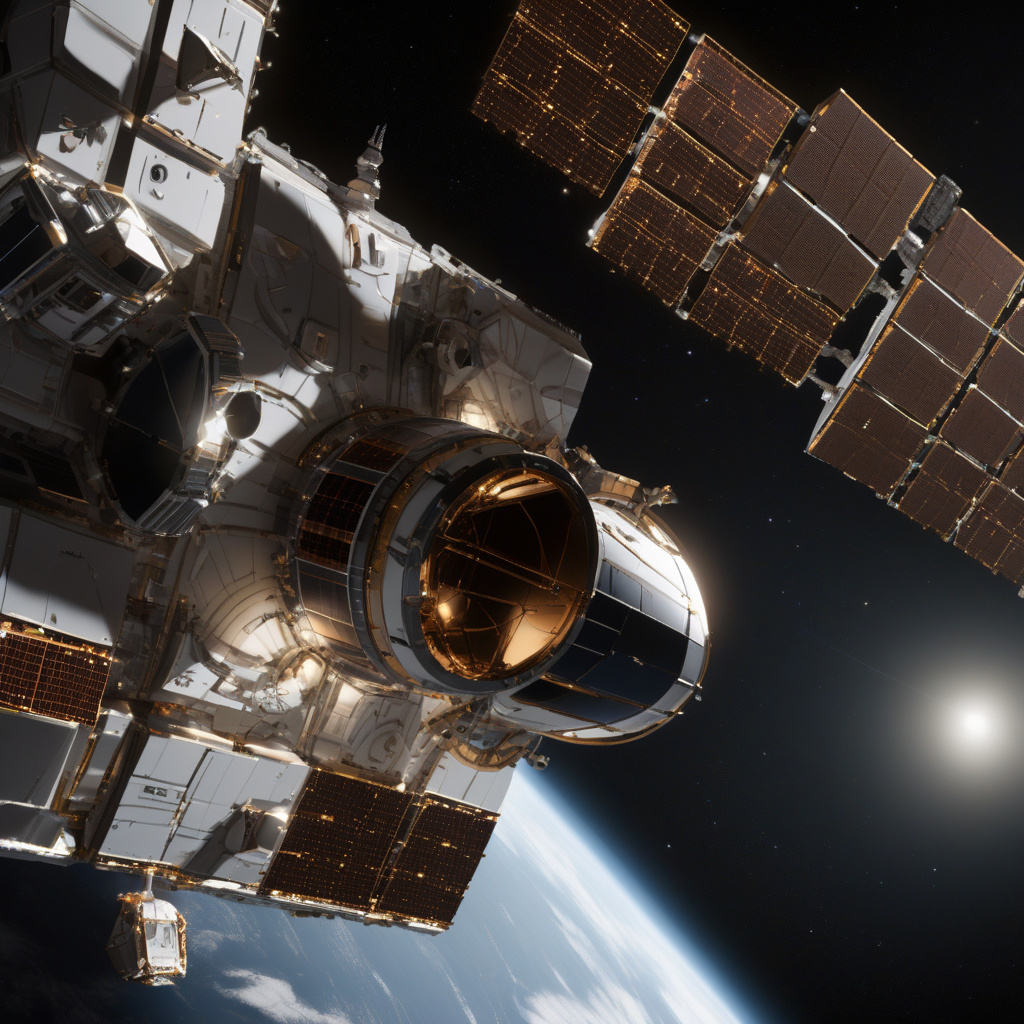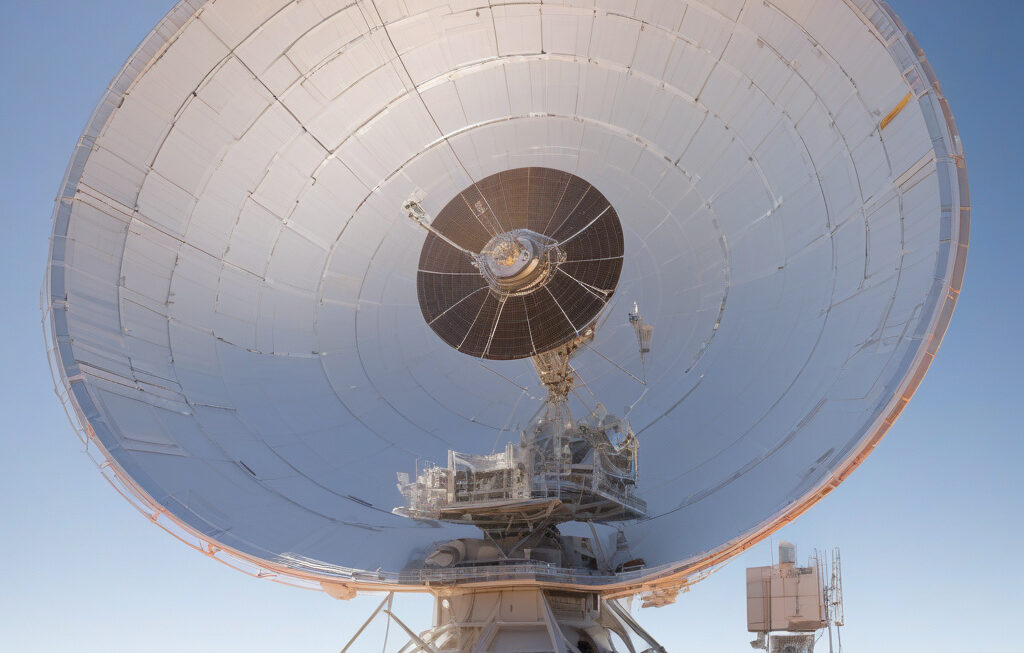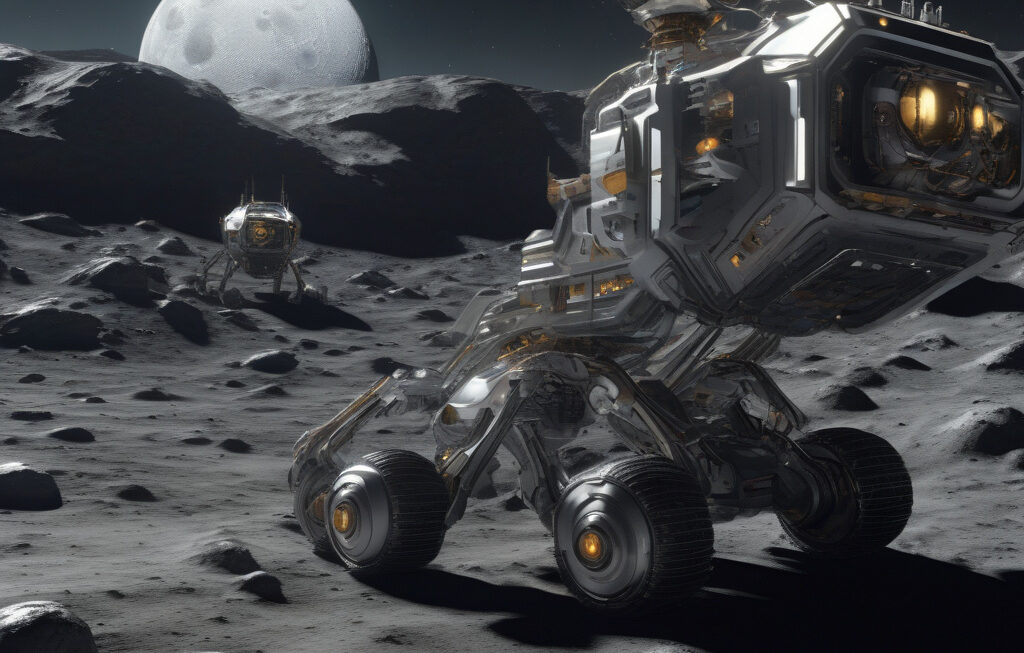2 Tiny Spacecraft Launched to Attempt World’s First GPS-Only Satellite Docking
In a significant advancement for autonomous spacecraft operations, AVS US, in collaboration with Cornell University, has recently launched two tiny spacecraft with a groundbreaking mission – to achieve the world’s first GPS-only satellite docking. This ambitious project marks a major milestone in the field of space technology and has the potential to revolutionize the way spacecraft navigate and rendezvous in orbit.
The two small satellites, named AVS-01 and AVS-02, are equipped with state-of-the-art GPS receivers and cutting-edge propulsion systems that will enable them to autonomously navigate through space and dock with a target satellite using only signals from the Global Positioning System (GPS). This approach eliminates the need for ground-based tracking and control, making the entire docking process more efficient and cost-effective.
One of the key challenges of autonomous spacecraft operations is the ability to accurately determine position and orientation in space without relying on ground-based assistance. By leveraging the signals from GPS satellites, the AVS spacecraft demonstrate a novel approach to autonomous navigation that could have far-reaching implications for future space missions.
The success of this mission could open up new possibilities for a wide range of applications, including satellite servicing, orbital debris removal, and deep space exploration. By reducing the reliance on ground-based infrastructure, autonomous spacecraft could operate more independently and flexibly, enabling a new era of space exploration and commercial activities.
Moreover, the technology developed for this mission could also have terrestrial applications, such as autonomous navigation systems for unmanned aerial vehicles (UAVs), self-driving cars, and robotics. The lessons learned from this project could pave the way for innovations in various industries and contribute to the advancement of autonomous systems worldwide.
As the AVS-01 and AVS-02 spacecraft embark on their historic mission to achieve the world’s first GPS-only satellite docking, the eyes of the space community are eagerly watching their progress. If successful, this groundbreaking feat could mark a significant leap forward in autonomous spacecraft operations and pave the way for a future where space exploration is more accessible and sustainable than ever before.
In conclusion, the launch of the two tiny spacecraft by AVS US and Cornell University to attempt the world’s first GPS-only satellite docking represents a major milestone in autonomous spacecraft operations. By pushing the boundaries of technology and innovation, this project has the potential to revolutionize the way spacecraft navigate and rendezvous in space, opening up new possibilities for future space missions and beyond.
#SpaceTechnology, #AutonomousSpacecraft, #GPSNavigation, #SpaceInnovation, #FutureSpaceMissions












